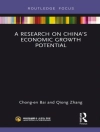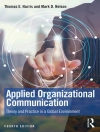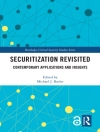The purpose of this book is to understand the rise, future and implications of two important new kinds of ‘integrity warriors’ — official anti-corruption agencies (ACAs) and anti-corruption NGOs – and to locate them in a wider context and history of anti-corruption activity.
Key issues of corruption and anti-corruption are discussed in an integrated and innovative way; through a number of country studies including Taiwan and South Korea, South East Europe, Fiji, Russia and the Baltic States. Some of the questions, used to examine the development of new anti-corruption actors, include:
- In what context were these born?
- How do they operate in pursuing their mission and mandate?
- How successful have they been in relation to expected results?
- To what extent are governmental and non governmental actors aware of each other and how far do they cooperate towards the common goal of fighting corruption?
- What explains the shift in emphasis after the end of the cold war, from national to international action?
Governments, NGOs and Anti-Corruption will be of interest to students and scholars of corruption, public policy, political science, developmental studies and law.
Luís de Sousa is an Associate Researcher at CIES-ISCTE, Portugal and Calouste Gulbenkian Fellow at the European University Institute, Italy.
Barry Hindess is Emeritus Professor of Political Science at the Australian National University, Australia.
Peter Larmour is a Reader in Public Policy and Governance at the Crawford School of Economics and Government, Australian National University, Australia.












